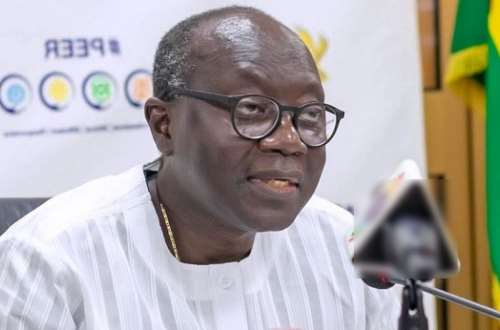
As a result of Ghana’s economic struggles last year, the country’s government came up with the idea of restructuring its domestic debt exchange, an idea that was praised at the time.
The idea followed Ghana’s success in securing a staff-level agreement with the International Monetary Fund (IMF) for a $3 billion rescue package in December 2022.
However, since then the country has not been able to fully actualize the domestic debt swap program. The country’s finance minister, Ofori-Atta, revealed via Twitter that the exchange will be expanded for further engagement of partners.
“Consensus building is key to Ghana’s successful economic recovery,” He said.
This puts a dent in Ghana’s plans to secure a $3 billion bailout from the IMF, as the international body noted that its approval for the loan is pending a comprehensive debt restructuring program by Ghana.
Last week, the country offered its 2023 bond holders to pay a 2% cash fee in exchange for registering for the exchange, an initiative that did not register a vote.
“Ghana has spent a lot of money to fix the problems it has had with its banks since the 2014-2015 crisis, so you want to think very carefully to avoid putting them at risk.” said Gregory Smith, emerging markets fund manager at London-based M&G Investments.
Since last year, the Ghanaian administration has continued to insist that the IMF’s $3 billion loan is a very important part of solving the country’s economic problems.
However, the idea was not very popular with the common people and was a source of frustration for the country’s parliament.

